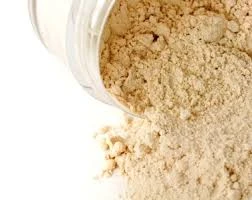

Dechlorination Agents In processes where excess chlorine must be neutralized before water returns to natural systems, dechlorination agents like sodium bisulfite are indispensable. This chemical reacts swiftly with chlorine, neutralizing its reactive properties without introducing adverse effects on the water. Antiscalants In industries relying heavily on water, especially those using boilers or reverse osmosis systems, scale formation is a persistent issue that can dramatically reduce system efficiency. Antiscalants such as polyphosphates play a crucial role in preventing mineral deposits, thereby enhancing the longevity and efficiency of water treatment systems. Advanced Oxidation Processes For more challenging contaminants, advanced oxidation processes (AOPs) utilizing chemicals like ozone and hydrogen peroxide are gaining traction. These compounds generate highly reactive radicals capable of degrading complex pollutants that are resistant to conventional treatment methods. The strategic application of these chemicals, informed by research and real-world experience, underscores their importance in maintaining water quality and infrastructure reliability. Professionals in the field continuously evaluate these chemicals to optimize performance and safety, contributing to the development of innovative, efficient, and sustainable water treatment solutions. Each chemical agent, when used judiciously, not only fortifies the treatment process but also reflects a commitment to safeguarding public health and environmental integrity. As advancements in water treatment technologies continue to evolve, these core chemicals remain foundational, enabling professionals to address both present and future challenges with confidence and competence.
Next:

